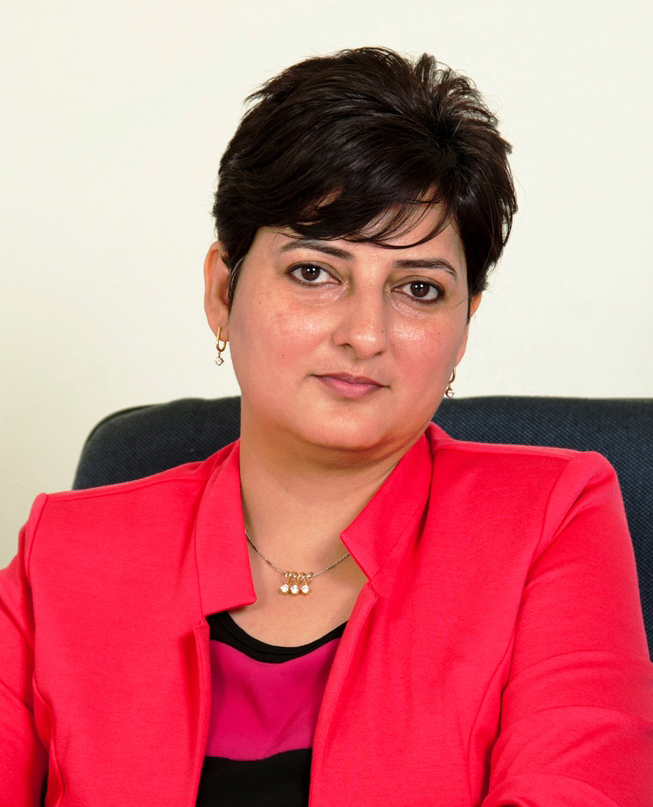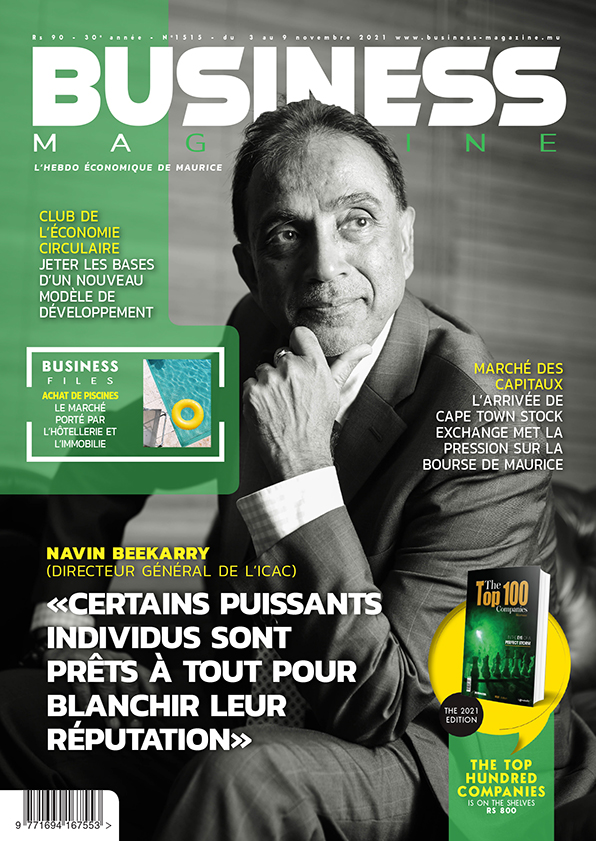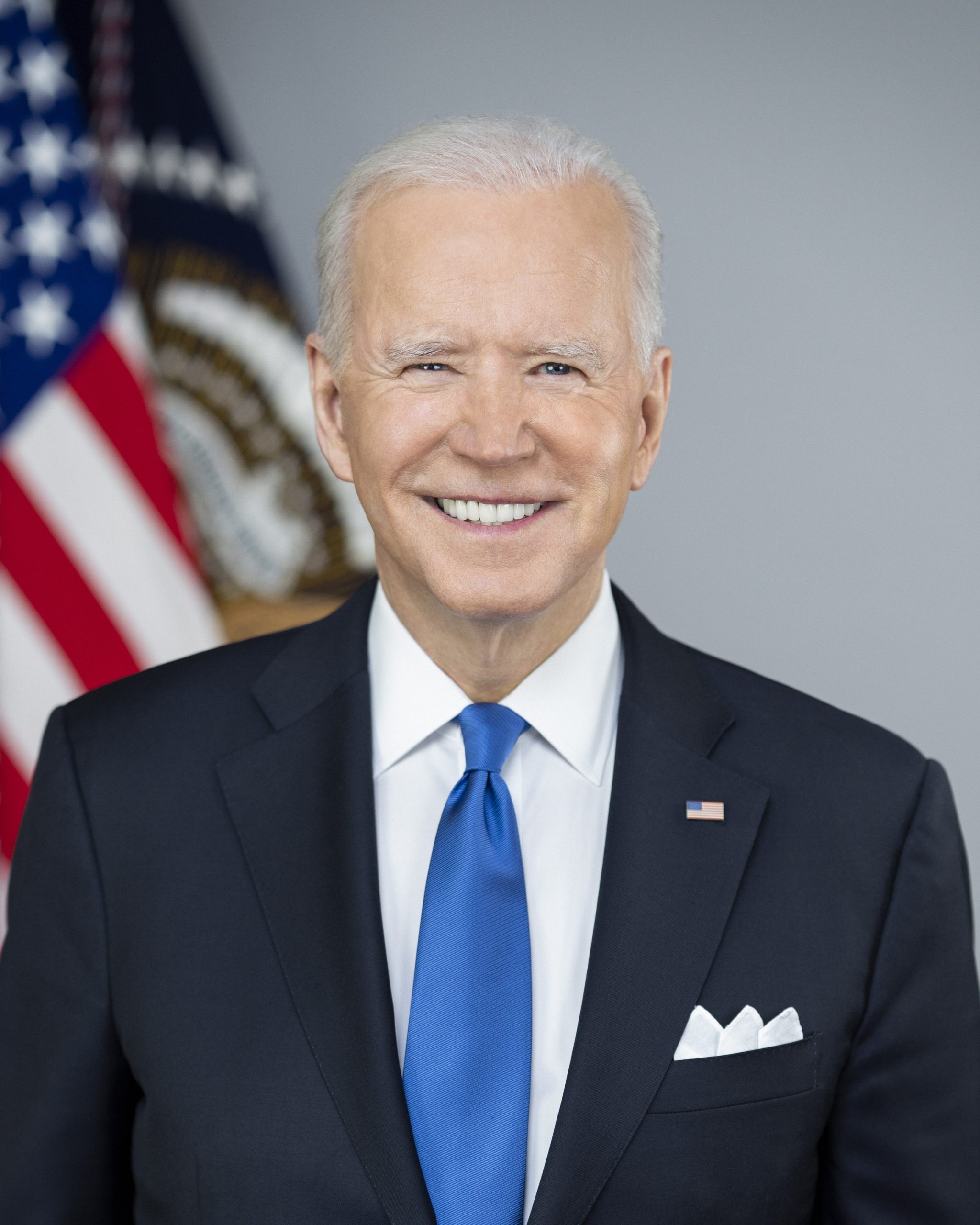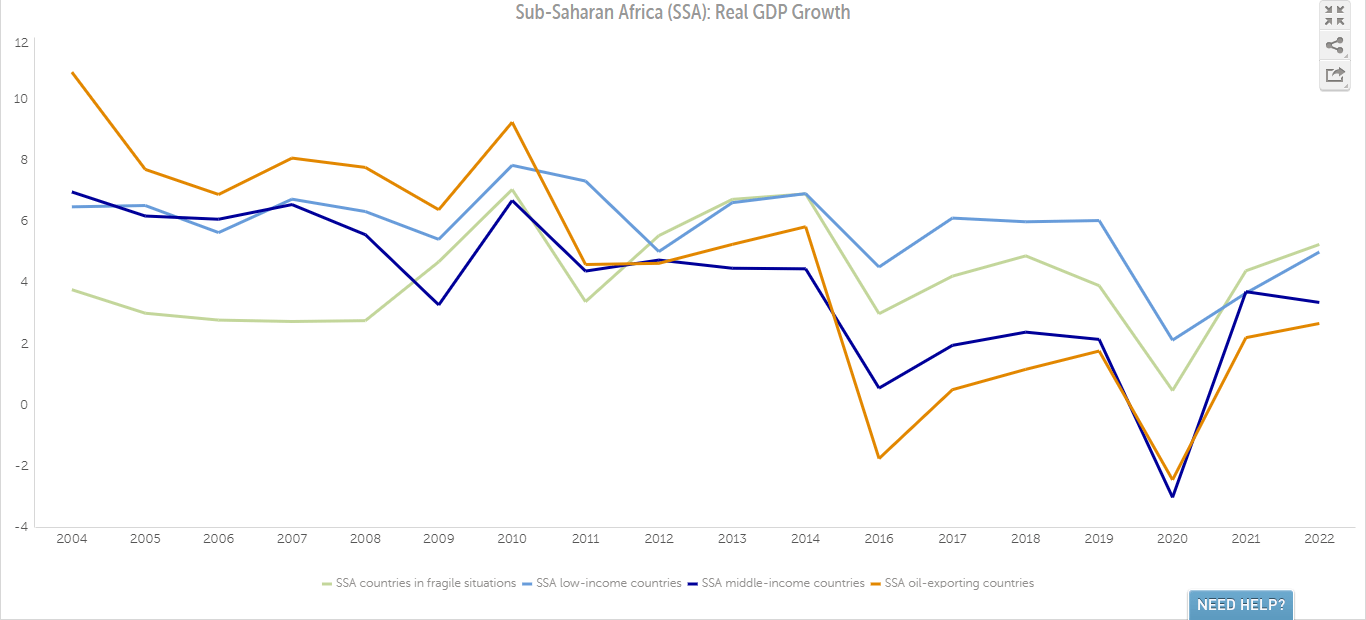Transforming Mauritius into a destination for medical tourism
Share

“We hear our cars making noises. It concerns us as it may stop in the middle of the road and we rapidly organize to send it for repairs. Do we do the same for our bodies? When our health starts signaling that there is something wrong, we keep pushing it till we can’t handle it anymore. Is our car more important than us? We need to understand that we are responsible for our own health. We need to respond to the signals fast,” says Shivinder Mohan Singh, ex Vice-Chairman of Fortis Healthcare. I could not agree more.
Healthcare globally is trending towards prevention than cure. It is a cliché but it makes a lot of sense. If we took our health seriously, we will see an entire paradigm shift in the health expenditure. Early detection and prevention will significantly reduce the suffering as well as the overall cost of healthcare. Our sector has declared margins which are published in the annual reports of most large institutions. Like every other sector, healthcare also has its issues around increased costs, high attrition, etc. We are trying to plough back a lot of margins in continuously upgrading the facilities and re-investing in technology to bring the best possible care to our patients.
The trend lines and KPIs are changing in healthcare too. In a reputed hospital, excellent medical care is obviously a given fact, now the expectation is to match the service standards of a hotel. This new blend is very interesting, particularly when you are trying to mix and match talent of the workforce available. There is a lot more emphasis on communication, bedside manners and small talk to bring about two human beings together during the course of the treatment. We are recruiting and training people on this aspect continuously to make hospitals friendlier and to ensure that the patients as well as the attendants who walk in are met with ‘people first’ and it is one of the most important pillars of care and compassion. It is crucial that you connect first, the care and compassion automatically follows.
Keeping the patients at ease is as important as the medical part. At Darné, we have introduced simple things such as floor managers who act as a conduit between the whole system and the patient. They ensure that the nurses do what they are great at. Clinical care and all non-medical work are taken over by the floor managers to ensure effective running of wards. We have little things next to the patient bed called ‘cheer-check’, the patients can slide through the smiley to let us know how they are feeling.
Healthcare in Mauritius has evolved over the years and today we can boast of having a robust healthcare system both in private and public sectors. Government provides free healthcare to the people of Mauritius which is commendable and a tall order to maintain even in other developed economies across the world. We are continuously working with the government to support and collaborate wherever possible.
Our backbone is the partnership that CIEL and Fortis Healthcare share. CIEL is continuously expanding its horizons in healthcare under the umbrella of Ciel Healthcare Limited and the expansion in Africa is a proof that we are committed to this sector.
Fortis Healthcare operates across a network of 55 hospitals across the world. Fortis has seen a rapid growth trajectory in last 10 years and is now residing prominently on the Healthcare Map in Asia. Their flagship hospital Fortis Memorial Research Institute was accorded 2nd position in the list of best 10 hospitals across the world. Fortis today has its own Fortis Medical Council to regulate matters internal to Fortis network. It is the only organization today in India which is publishing its clinical outcomes in cardiac. Fortis has its own Fortis Operating System which maps the timestamp of each activity across the hospital for each area and documents to ensure that all employees are committed to the benchmarking standards set by Fortis. Not to mention the financial success that Fortis has seen over the years is a result of the continuous trust that people associate with the brand name Fortis.
The government’s initiative to encourage Mauritian professionals who have worked for a minimum of ten years abroad to return home is commendable. The dispersed professional Mauritian community constitutes precious resources because of their knowledge, expertise, talents and experience in cutting-edge fields which can boost national growth.
I personally would like a higher emphasis on prevention than cure, a more significant movement to International benchmarked standards, published outcomes, more focus on service standards, stronger connect with the patients post so called ‘discharge’ which is not acceptable in the concept of continuum of care, more investment in training and technology and, last but not the least, Mauritius to become ‘the’ destination for medical tourism.









